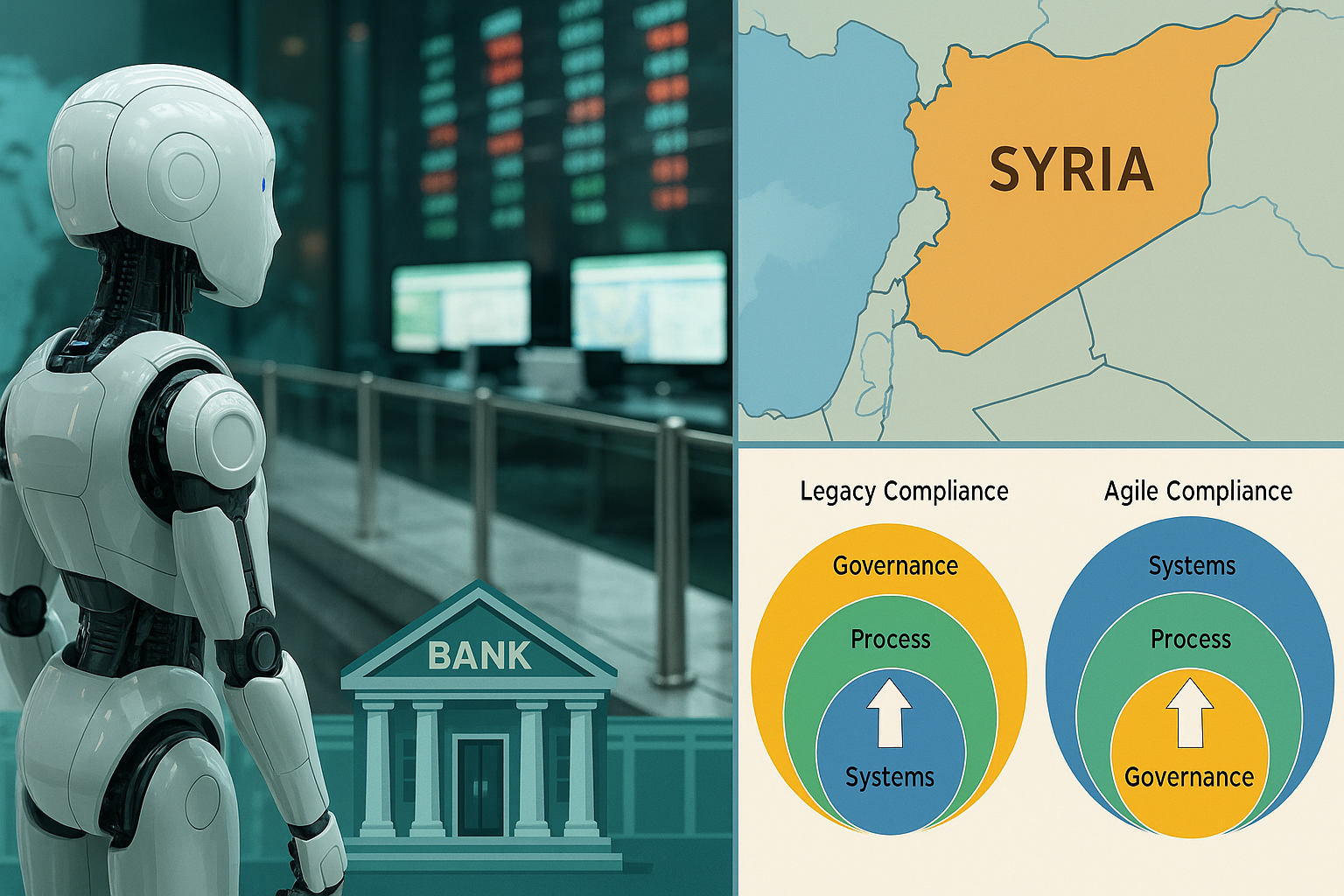Unmasking Online Deceivers: Verifiable Credentials to the Rescue

Discover how verifiable credentials can be a powerful tool in identifying and preventing online deception by confidence men.
Understanding Online Deception
Per a recent report in the Wall Street Journal, online deception is on the rise. An example is the use of fake IDs to access health records of people. With the increasing popularity of online platforms, there has been a rise in individuals who engage in fraudulent activities to gain the trust of unsuspecting victims. These individuals, commonly known as confidence men, use various tactics to deceive people, gain their trust, and exploit the trust for personal gain. The rise of Generative AI continues to strengthen the hands of confidence men, giving them evermore power to trick unsuspecting individuals.
Understanding the methods employed by online confidence men is crucial in order to protect oneself from falling victim to their schemes. Some common techniques include phishing scams, identity theft, and fake online profiles. By understanding the tactics used by these deceivers, individuals can better equip themselves to identify and avoid potential threats. Also, systems can have better built-in checks to thwart such threats.
The Role of Verifiable Credentials
Verifiable credentials (VCs) can play a significant role in combating online confidence men. These credentials provide a way to verify the authenticity and legitimacy of individuals and entities involved in online interactions. By using verifiable credentials, individuals can establish trust and ensure that they are interacting with genuine and trustworthy individuals.
Verifiable credentials can include information such as verified identities, qualifications, certifications, and reputation scores. These credentials are issued by trusted third-party organizations and can be easily verified either by real-time validation by the credential-issuing organization, or in a self sovereign manner. By using verifiable credentials, individuals can significantly reduce the risk of falling victim to online deception.
Benefits of Using Verifiable Credentials
There are several benefits to using verifiable credentials in online interactions. Firstly, these credentials enhance security by ensuring that individuals are who they claim to be. This helps to prevent identity theft and impersonation, as the credentials can be verified and trusted.
Secondly, verifiable credentials promote trust and transparency in online interactions. By relying on verified information, individuals can have confidence in the identities and qualifications of others, leading to more trustworthy and reliable online relationships.
Lastly, the use of verifiable credentials can help in the prevention of fraudulent activities. By establishing a system where individuals must provide verified credentials, it becomes more difficult for confidence men to operate undetected. This acts as a deterrent and helps to protect individuals from falling victim to online deception. In summary, being able to verify credentials online reduces the friction to interactions that an offline process would introduce.
Implementing Verifiable Credentials in Online Interactions
Implementing verifiable credentials in online interactions requires the collaboration of various stakeholders. Trusted third-party organizations, such as government agencies, educational institutions, and professional associations, play a crucial role in issuing and verifying these credentials.
In order to effectively implement verifiable credentials, online platforms and service providers need to integrate systems that can verify and rely on these credentials. This can involve the use of cryptographic techniques and secure protocols to ensure the authenticity and integrity of the credentials.
Additionally, individuals themselves need to be aware of the importance of verifiable credentials and actively seek out platforms and services that prioritize the use of these credentials. By being proactive in verifying the credentials of those who contact them online, individuals can better protect themselves from online deception. For example, it would be useful to have a button in online apps which have potentially high risk (financial, reputational, etc.) which an individual can use to request real-time, online verification of the credential. And, of course, individuals must be trained to use this button for high risk interactions.
Case Studies: Success Stories of Verifiable Credentials in Action
There have been numerous success stories of verifiable credentials being used to combat online deception. One notable example is the use of verified identity credentials in online dating platforms. By requiring individuals to provide verified identity information, these platforms have been able to significantly reduce the number of fake profiles and instances of catfishing.
Another case study involves the use of verifiable credentials in the financial sector. Banks and financial institutions have implemented systems that rely on verified credentials to ensure the security and authenticity of online transactions. This has greatly reduced the risk of fraud and identity theft in online banking.
These case studies demonstrate the effectiveness of verifiable credentials in combating online deception and highlight the potential for widespread adoption in various industries and online platforms. Although above examples illustrate that VCs are being used, the threat surface of cyber environments keeps increasing due to more of our lives being online, and the use of tools like Generative AI in the hands of bad actors. Thus, there is an ever-increasing need for better and stronger online VCs to keep the confidence men at bay.
Dr. Jaideep Srivastava is Chief Scientist at Amberoon and an advisor for Aadhaar, India’s biometric ID system for 1.4 billion people. His expertise spans identity management and AI/ML, with over 490 published papers, 32,000 citations, and multiple patents, reflecting extensive experience in both academia and industry.
Posts by Tag
- big data (41)
- advanced analytics (38)
- business perspective solutions (30)
- predictive analytics (25)
- business insights (24)
- data analytics infrastructure (17)
- analytics (16)
- banking (15)
- fintech (15)
- regulatory compliance (15)
- risk management (15)
- regtech (13)
- machine learning (12)
- quantitative analytics (12)
- BI (11)
- big data visualization presentation (11)
- community banking (11)
- AML (10)
- social media (10)
- AML/BSA (9)
- Big Data Prescriptions (9)
- analytics as a service (9)
- banking regulation (9)
- data scientist (9)
- social media marketing (9)
- Comminity Banks (8)
- financial risk (8)
- innovation (8)
- marketing (8)
- regulation (8)
- Digital ID-Proofing (7)
- data analytics (7)
- money laundering (7)
- AI (6)
- AI led digital banking (6)
- AML/BSA/CTF (6)
- Big Data practicioner (6)
- CIO (6)
- Performance Management (6)
- agile compliance (6)
- banking performance (6)
- digital banking (6)
- visualization (6)
- AML/BSA/CFT (5)
- KYC (5)
- data-as-a-service (5)
- email marketing (5)
- industrial big data (5)
- risk manangement (5)
- self-sovereign identity (5)
- verifiable credential (5)
- Hadoop (4)
- KPI (4)
- MoSoLoCo (4)
- NoSQL (4)
- buying cycle (4)
- identity (4)
- instrumentation (4)
- manatoko (4)
- mathematical models (4)
- sales (4)
- 2015 (3)
- bitcoin (3)
- blockchain (3)
- core banking (3)
- customer analyitcs (3)
- direct marketing (3)
- model validation (3)
- risk managemen (3)
- wearable computing (3)
- zero-knowledge proof (3)
- zkp (3)
- Agile (2)
- Cloud Banking (2)
- FFIEC (2)
- Internet of Things (2)
- IoT (2)
- PPP (2)
- PreReview (2)
- SaaS (2)
- Sales 2.0 (2)
- The Cloud is the Bank (2)
- Wal-Mart (2)
- data sprawl (2)
- digital marketing (2)
- disruptive technologies (2)
- email conversions (2)
- mobile marketing (2)
- new data types (2)
- privacy (2)
- risk (2)
- virtual currency (2)
- 2014 (1)
- 2025 (1)
- 3D printing (1)
- AMLA2020 (1)
- BOI (1)
- DAAS (1)
- Do you Hadoop (1)
- FinCEN_BOI (1)
- Goldman Sachs (1)
- HealthKit (1)
- Joseph Schumpeter (1)
- Manatoko_boir (1)
- NationalPriorites (1)
- PaaS (1)
- Sand Hill IoT 50 (1)
- Spark (1)
- agentic ai (1)
- apple healthcare (1)
- beneficial_owener (1)
- bsa (1)
- cancer immunotherapy (1)
- ccpa (1)
- currency (1)
- erc (1)
- fincen (1)
- fraud (1)
- health app (1)
- healthcare analytics (1)
- modelling (1)
- occam's razor (1)
- outlook (1)
- paycheck protection (1)
- personal computer (1)
- sandbox (1)
Recent Posts
Popular Posts
Here is a funny AI story.
Every community bank CEO now faces unprecedented...
On May 13, 2025, the U.S. government announced...



